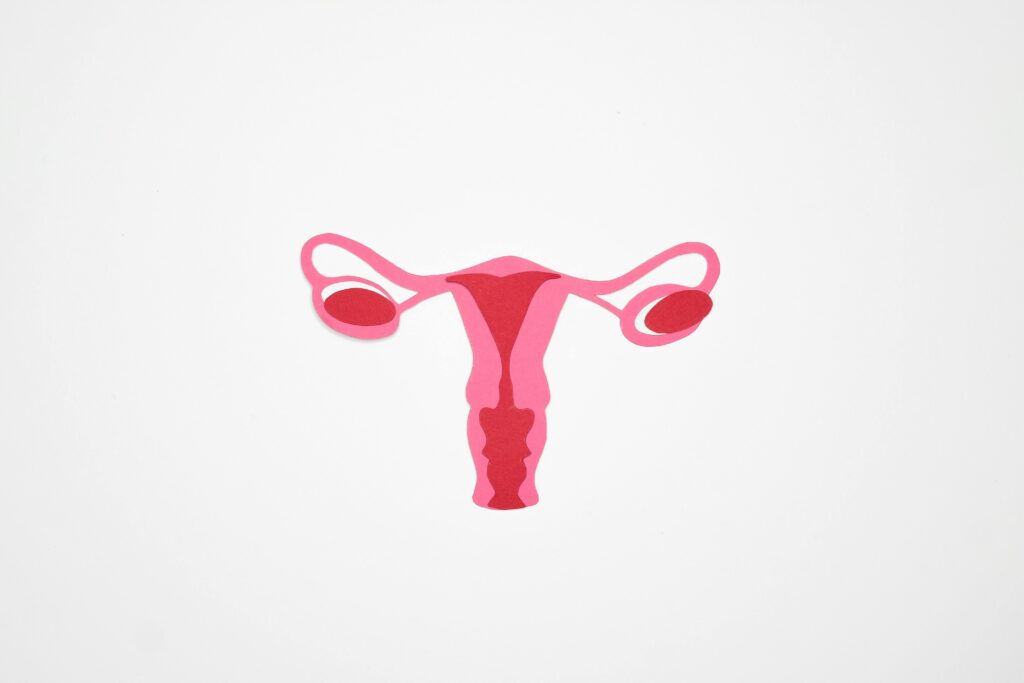How to Balance Hormones in Menopause with Probiotics

Menopause is a natural stage in every woman’s life, typically occurring between ages 45 and 55, marked by a shift in hormone levels. Estrogen and progesterone decline, leading to common symptoms like hot flashes, night sweats, mood swings, fatigue, and changes in weight or skin texture. While these changes are inevitable, there are natural ways to balance hormones in menopause, and emerging examples show that probiotics can play an unexpected but powerful role in maintaining hormonal balance.

Understanding Hormonal Changes During Menopause
Menopause is driven by significant hormonal changes. Estrogen, which regulates reproductive cycles, bone density, and even cardiovascular health, declines sharply. Progesterone, essential for regulating mood and sleep, also decreases. Meanwhile, testosterone may rise slightly in some women, contributing to changes in energy, libido, and body composition.
These shifts can result in:
- Hot flashes and night sweats
- Mood swings, irritability, or anxiety
- Fatigue and decreased energy
- Changes in digestion and weight
- Thinning hair, dry skin, or reduced elasticity
Interestingly, research indicates that gut bacteria can influence estrogen metabolism. The gut microbiome produces enzymes that help recycle estrogen, allowing your body to maintain more balanced levels naturally. In this way, maintaining a healthy gut is not only good for digestion, it’s a hidden ally in menopause hormone balance.
Natural Ways to Balance Hormones in Menopause: Lifestyle, Nutrition, Probiotics
Balancing hormones doesn’t always require medical intervention. Many women find relief and long-term support through lifestyle and nutrition:
- Nutrition: Focus on whole foods rich in fiber, healthy fats, and phytoestrogens. Foods like flaxseed, soy, nuts, and fatty fish can gently support estrogen levels. Fiber-rich fruits and vegetables also encourage the growth of beneficial gut bacteria.
- Lifestyle: Adequate sleep, stress management, and regular physical activity help regulate cortisol, insulin, and other hormones. Meditation, yoga, and mindfulness practices are particularly effective.
- Probiotics: Supporting your gut with probiotics improves the metabolism of estrogen and other hormones. Fermented foods like yogurt, kefir, sauerkraut, or high-quality probiotic supplements introduce beneficial bacteria that can help regulate hormone-related symptoms.
By combining these strategies, you can approach hormone balance naturally, minimizing menopausal discomfort while enhancing overall well-being.

The Role of Probiotics in Hormone Balance for Menopause
Probiotics are increasingly recognized for their role in hormone regulation. Certain gut bacteria, collectively known as the estrobolome, produce enzymes that help metabolize and recycle estrogen. A balanced gut microbiome ensures estrogen is processed efficiently, potentially reducing hot flashes, mood swings, and other menopause-related symptoms.
Key points about probiotics for hormone balance:
- Strains matter: Lactobacillus and Bifidobacterium strains are particularly beneficial for supporting estrogen metabolism and gut health.
- Consistency counts: Regular intake, whether from fermented foods or supplements, helps maintain a steady population of beneficial bacteria.
- Complementary benefits: Probiotics may also reduce inflammation, improve skin health, support mood, and enhance nutrient absorption – factors that are particularly important during menopause.
Including probiotics in your daily routine can provide a subtle but meaningful impact on hormone balance for women, supporting both gut and systemic health. Bioma’s range of probiotic products, such as Bioma Digestive & Gut Repair, is designed to deliver targeted strains with optimal CFU counts to maintain gut balance. Regular use can help ensure the estrobolome functions effectively, supporting estrogen metabolism and overall hormonal wellness during menopause.

Hormone Balance Supplements for Women
In addition to lifestyle and dietary changes, supplements can help manage menopause symptoms. Evidence-based supplements include:
- Vitamin D and calcium for bone health
- Magnesium to support sleep, energy, and mood
- Omega-3 fatty acids for inflammation and heart health
- Adaptogenic herbs like ashwagandha or maca for stress and energy regulation
Probiotics complement these supplements by enhancing nutrient absorption and supporting the gut’s role in hormone metabolism. For example, probiotics improve the gut barrier, reduce inflammation, and may even enhance the body’s response to adaptogens and other hormone-supporting nutrients.
When considering supplements, it’s essential to consult a healthcare provider, particularly if you have chronic conditions or are taking prescription medications. Combining probiotics and hormone balance supplements often yields the most holistic results.

Lifestyle Approaches to Maintain Hormone Balance with Probiotics
Long-term hormone health is about daily habits. Here’s how lifestyle can support menopause hormone balance naturally, with probiotics as a helpful partner:
- Stress management: Chronic stress elevates cortisol, which can disrupt estrogen and progesterone. Techniques like yoga, meditation, deep breathing, or mindful walks help restore balance.
- Regular physical activity: Both strength training and cardiovascular exercise improve insulin sensitivity, maintain muscle mass, and positively influence hormone levels.
- Sleep hygiene: Poor sleep can exacerbate hot flashes, mood swings, and weight changes. Prioritize 7–9 hours of quality sleep, keeping electronics out of the bedroom and following a consistent bedtime routine.
- Gut-focused habits: Pairing lifestyle changes with probiotics and fiber-rich diets helps maintain bacteria diversity, directly supporting hormonal health.
By addressing both the mind and body, you create an environment where your hormones can function optimally, easing menopausal transitions and improving overall well-being.
Tracking Your Hormones During Menopause
Monitoring your hormone levels can guide personalized strategies. Common approaches include:
- Blood tests to track estrogen, progesterone, and testosterone
- Symptom journals noting hot flashes, mood, sleep, digestion, and skin changes
Tracking allows you to adjust nutrition, probiotics, supplements, and lifestyle habits for maximum benefit. Understanding your body’s signals helps you respond proactively rather than reactively, giving you more control over hormone balance in menopause.
Empowering Your Menopause Journey
Menopause is a transformative stage that can feel challenging, but it’s also an opportunity to prioritize hormone balance for women in a natural, sustainable way. Lifestyle changes, nutrient-dense foods, probiotics, and carefully selected supplements work together to support hormonal equilibrium, reduce discomfort, and enhance overall quality of life.
By embracing gut health and probiotics, you’re not just supporting digestion, you’re influencing hormone metabolism, mood, energy, skin, and long-term wellness. Every small habit, from choosing fermented foods to mindful stress management, contributes to a smoother, more empowered menopause experience.
Related articles



